The Fool’s attribution to Air is derived from the etymology of the word itself. The Latin word “Follis” means “Bellows” or “Windbag.” Even in modern vernacular a foolish person is sometimes called an “Airhead.” It is also resonant with the description of cold air as “cutting through you.” (Air is connected to the suit of Swords, and the magical weapon of Aleph is the Dagger.)
Note too that this is one of the few cards directly referenced by Aiwass in Liber AL vel Legis, I:48:
48. My prophet is a fool with his one, one, one; are not they the Ox, and none by the Book?
The iconography of the Fool was influenced by this traditional depiction from Giotto's Seven Vices (Foolishness, 1306). Compare the feathered hat used in the Visconti Sforza Deck. This also has iconography related to the Mantegna Deck’s Misero card, and the Loteria Deck’s El Boraccho Card.
O - The Fool
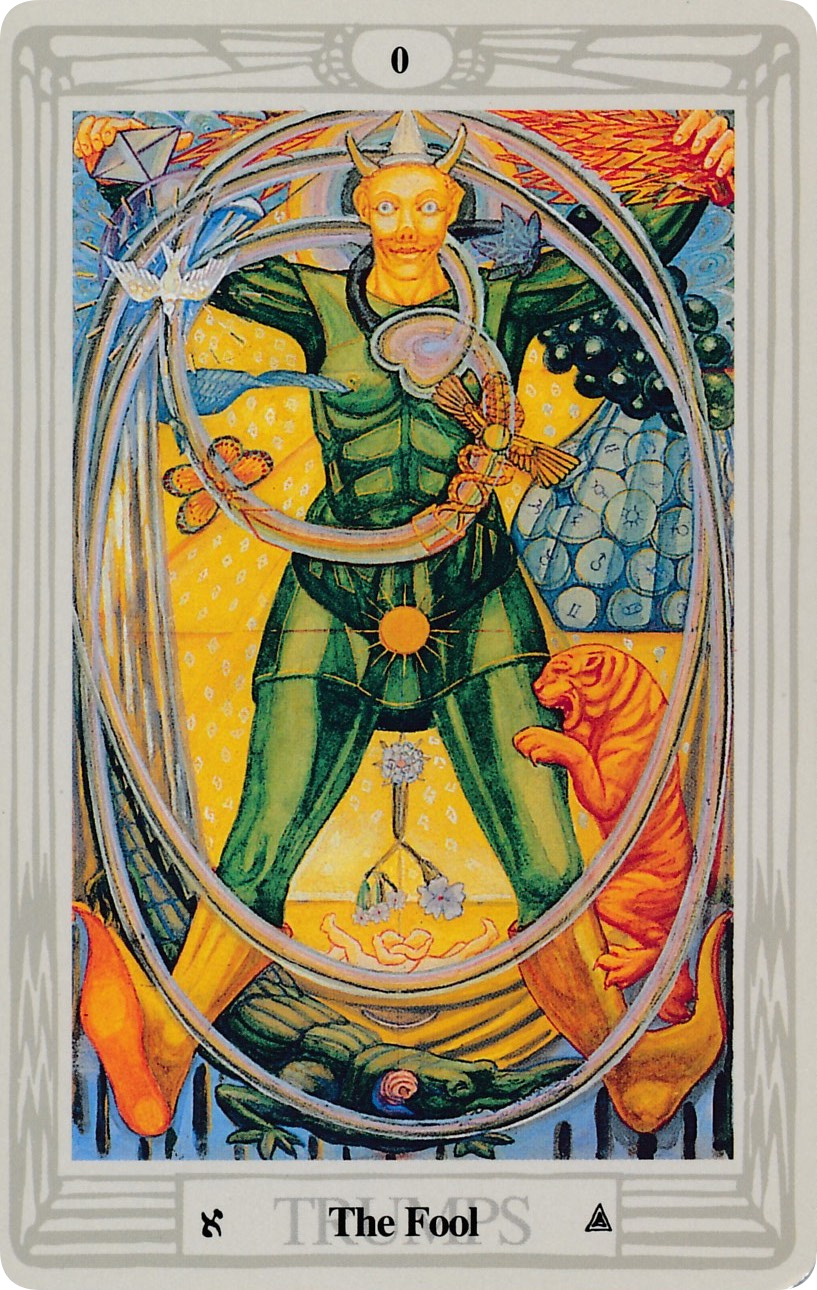


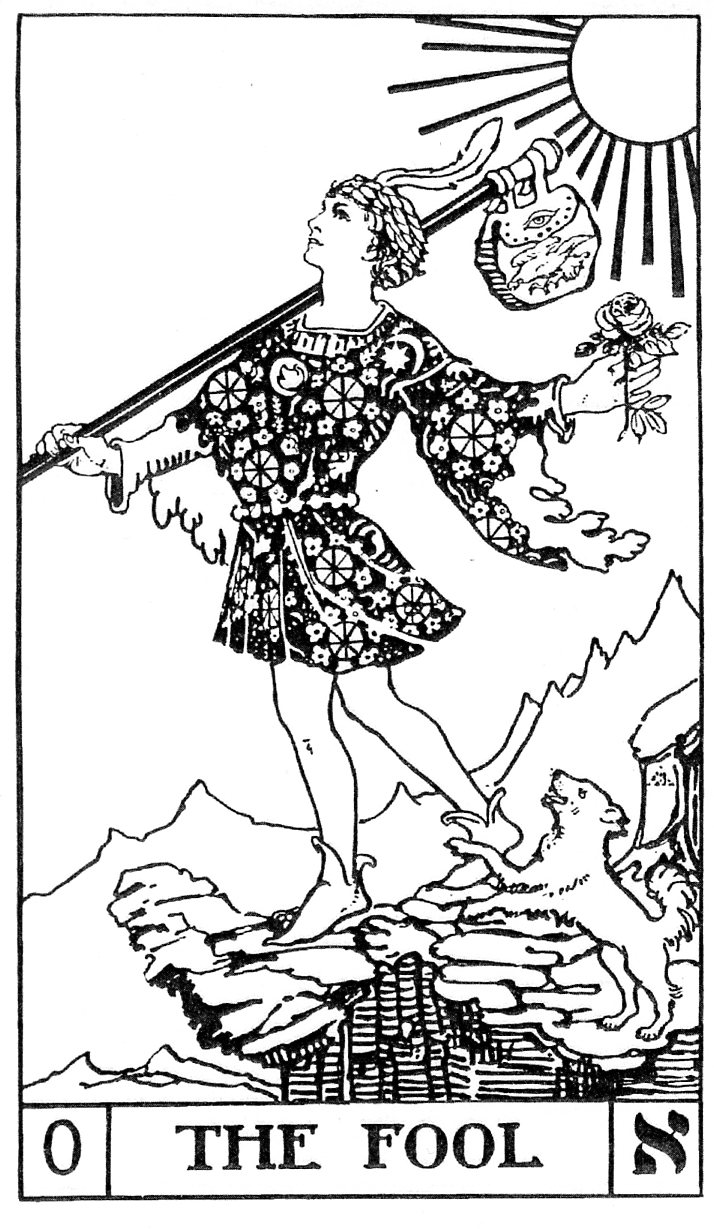
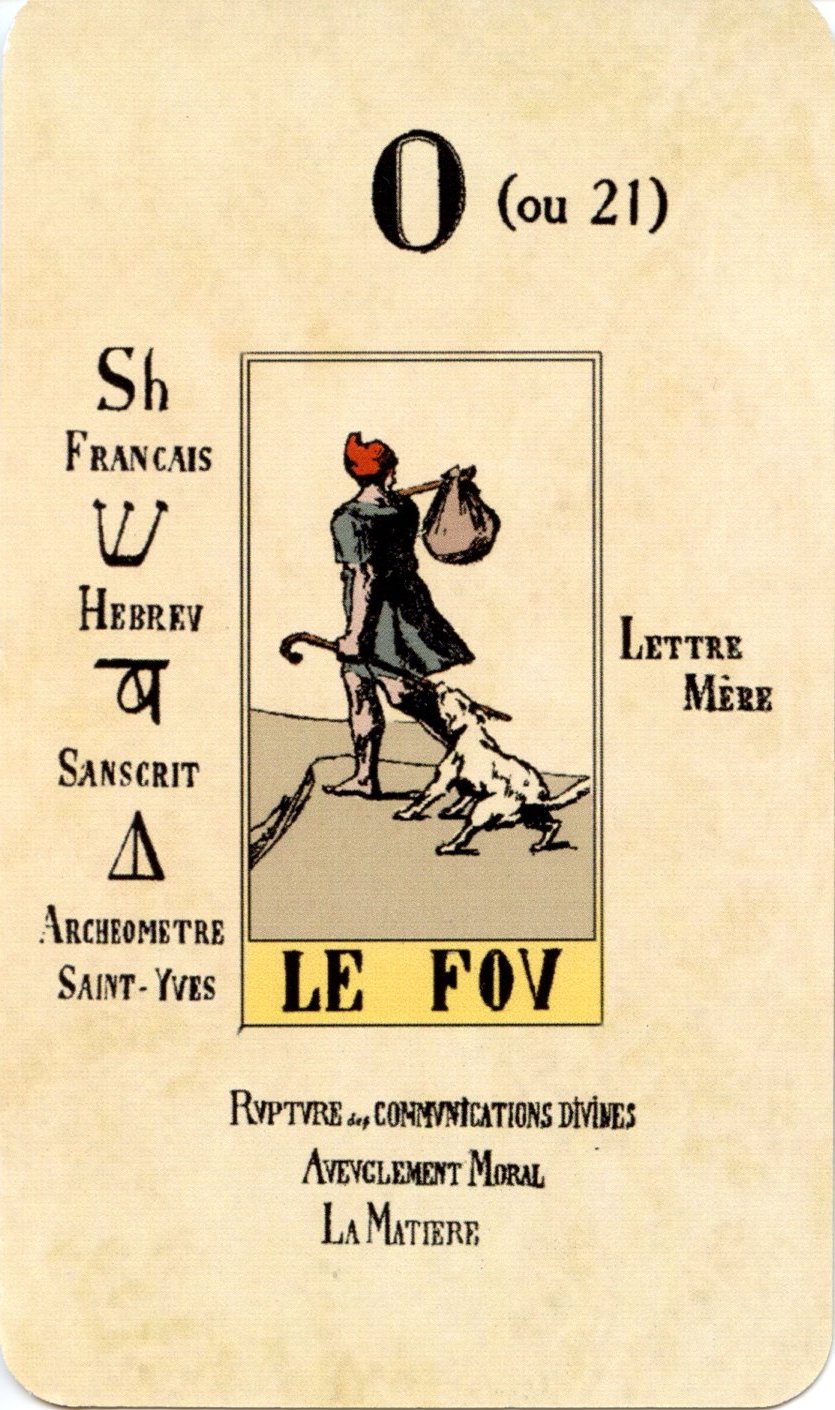

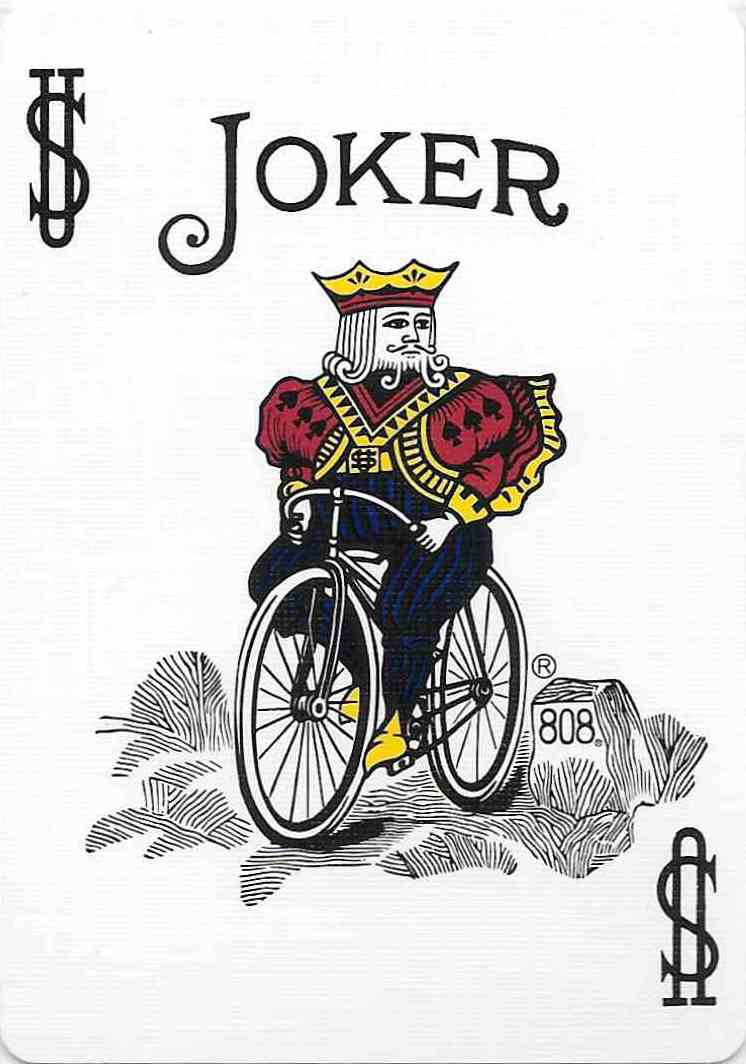

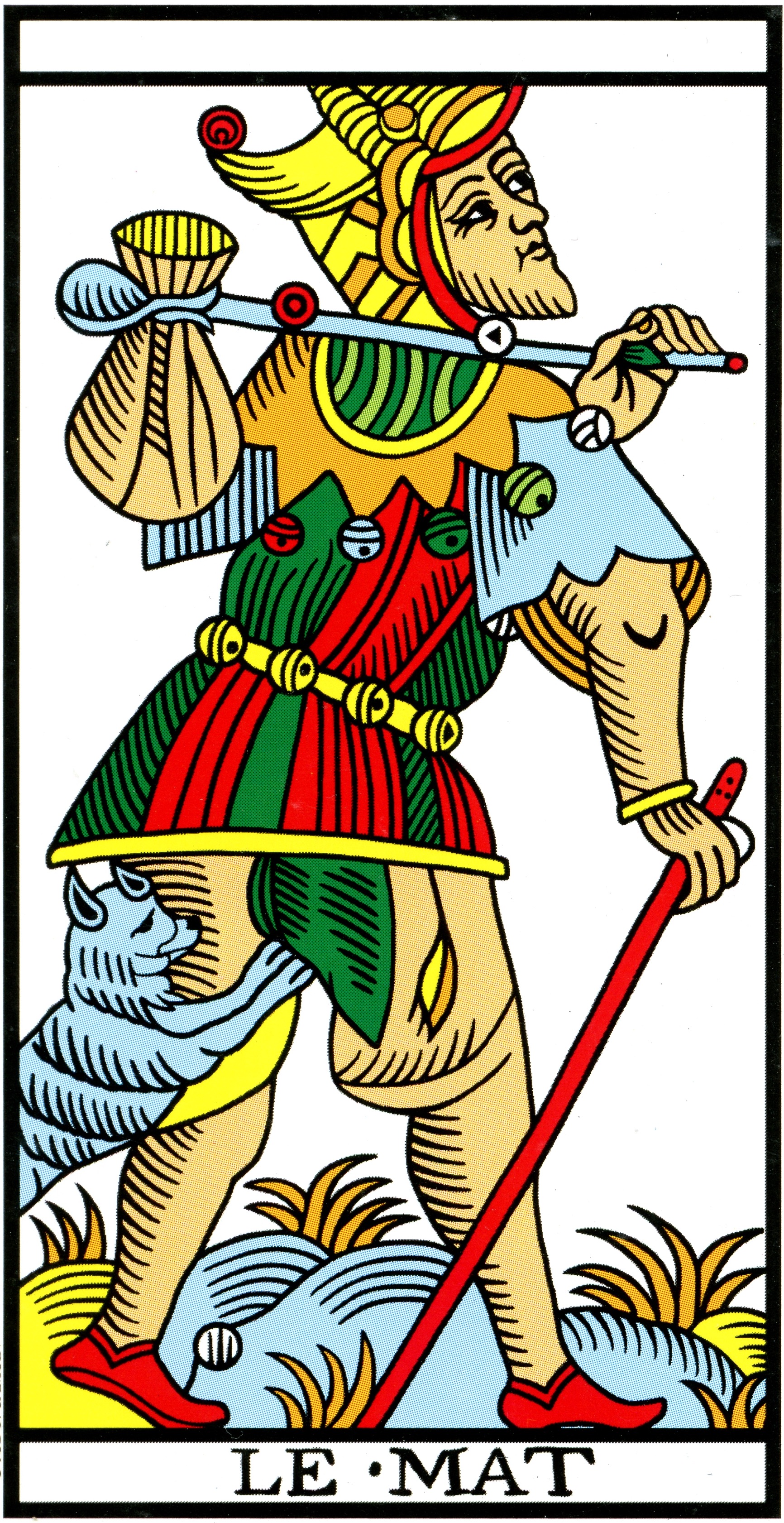
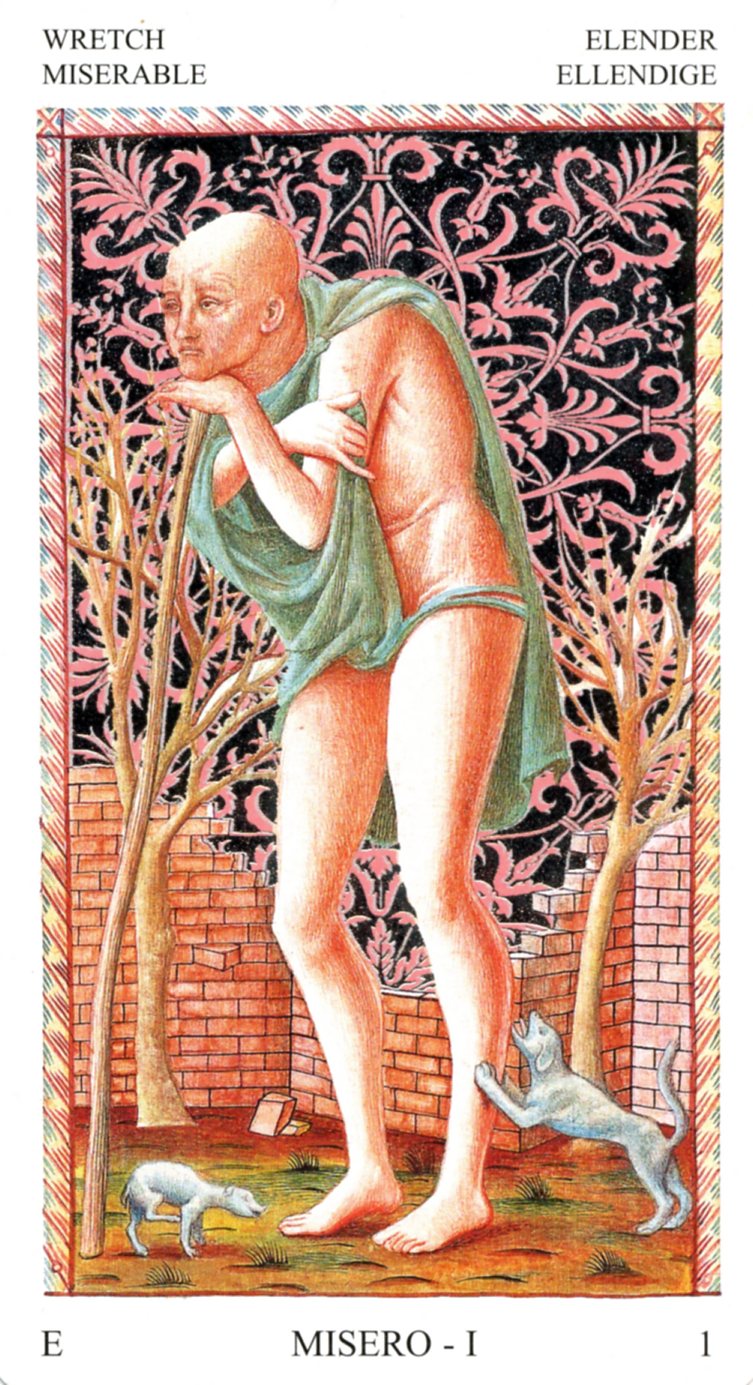
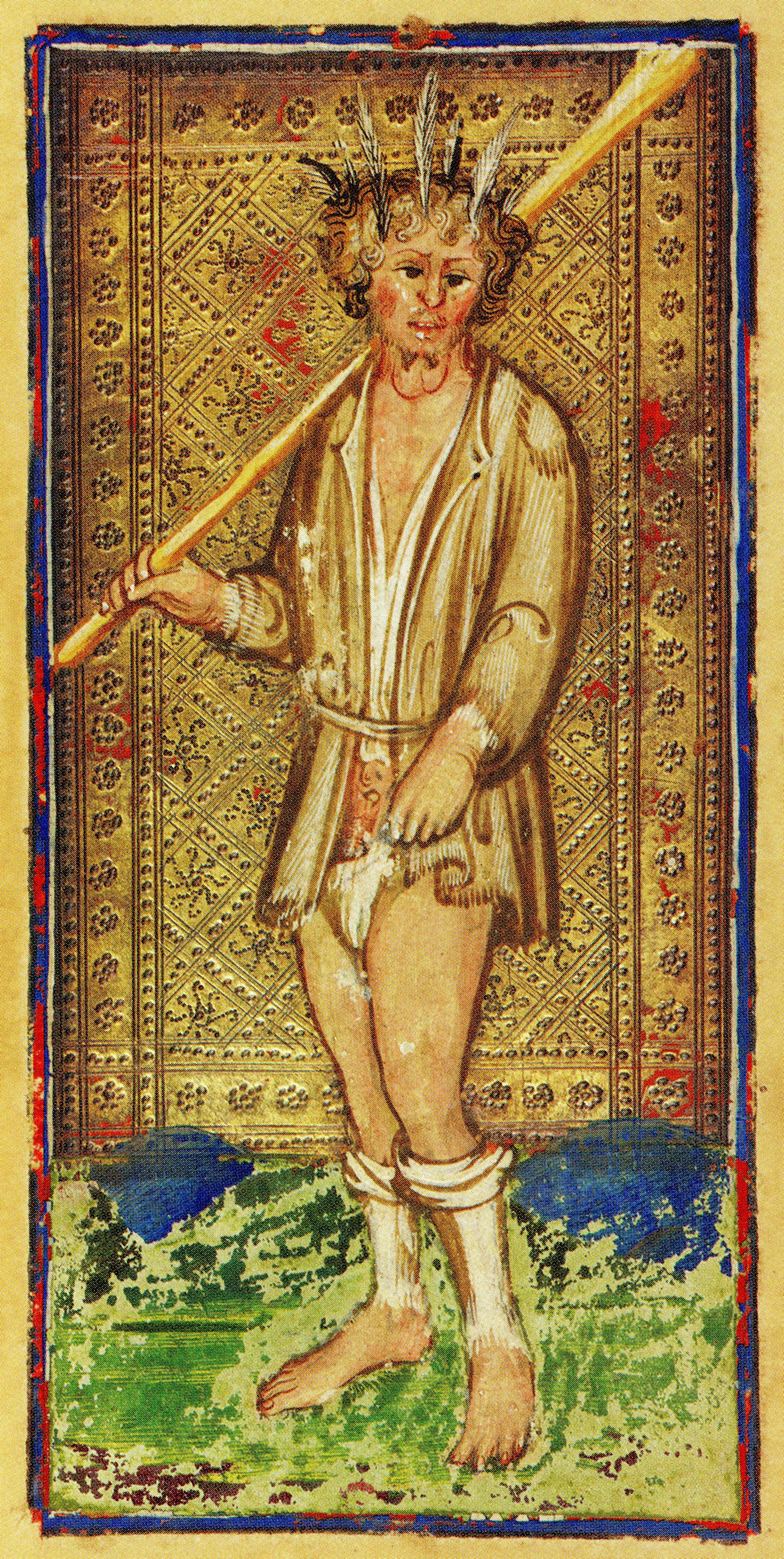
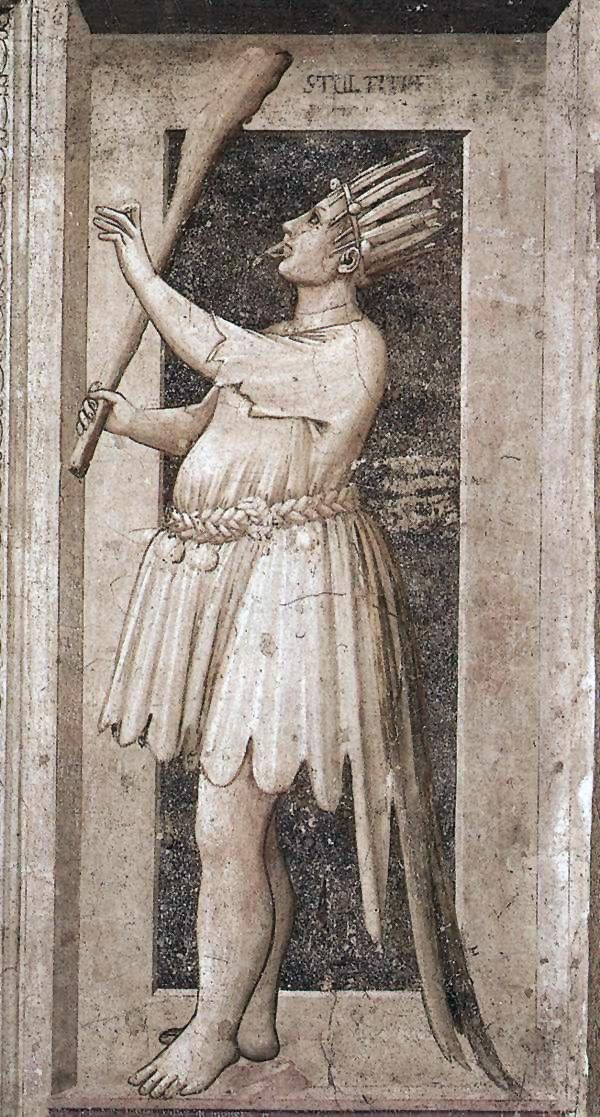
Note too that this is one of the few cards directly referenced by Aiwass in Liber AL vel Legis, I:48:
48. My prophet is a fool with his one, one, one; are not they the Ox, and none by the Book?
The iconography of the Fool was influenced by this traditional depiction from Giotto's Seven Vices (Foolishness, 1306). Compare the feathered hat used in the Visconti Sforza Deck. This also has iconography related to the Mantegna Deck’s Misero card, and the Loteria Deck’s El Boraccho Card.
